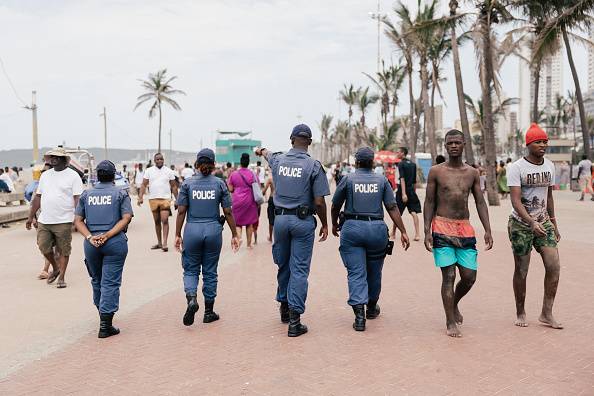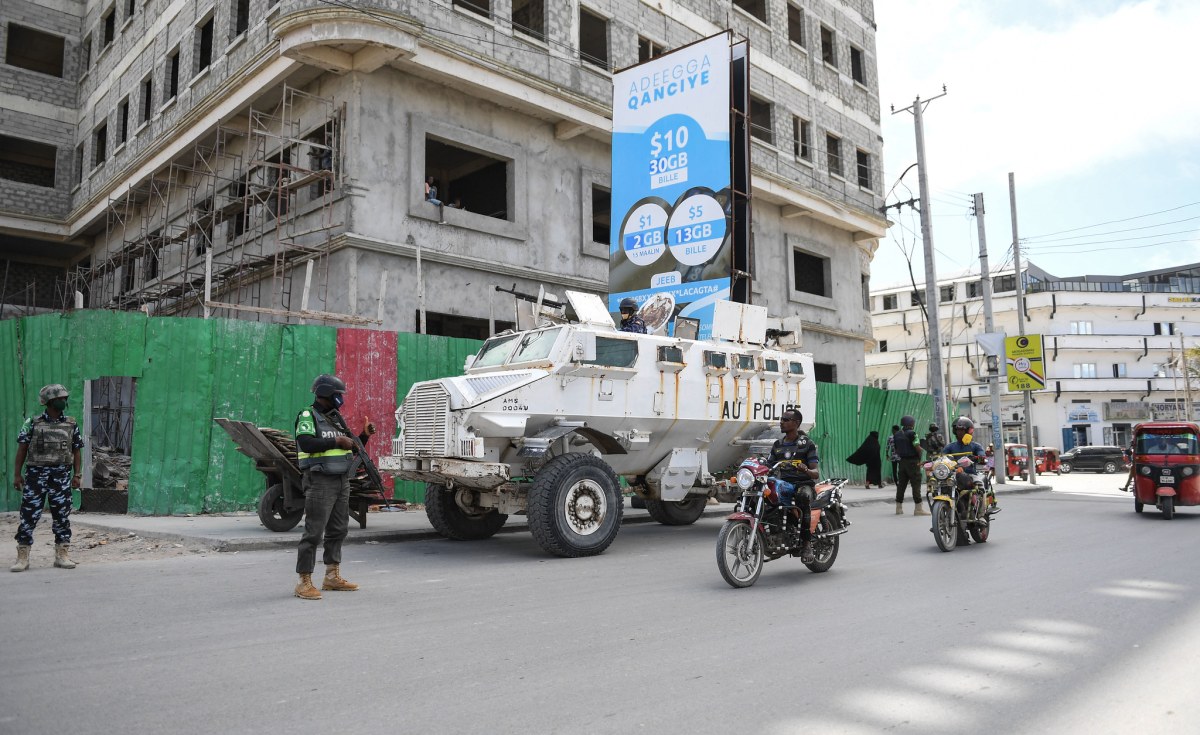Gaza’s top hospital director warned Sunday that medics are facing multiple crises amid deadly violence between Palestinian militants and Israel, with drugs and electricity supplies urgently needed to keep treating patients.
Muhammad Abu Salmiya said wounded people were arriving “every minute” at Shifa hospital in Gaza City.
“There is a crisis in medicine, a crisis in drugs, a crisis in electricity,” said Salmiya, the hospital’s director general.
Thirty-one Gazans have been killed and 275 others wounded in fighting since Friday, when Israel fired on Islamic Jihad positions and the militant group retaliated by launching rockets across the frontier.
Gaza’s sole power plant shut down on Saturday due to a lack of fuel, four days after Israel closed its crossings with the territory citing security concerns.
“The situation is very bad,” said Salmiya. “We need urgently to open the borders to bring in drugs, (fuel for) electricity.”
Diesel for the power plant is usually trucked in from Egypt or Israel, which has maintained a blockade of the enclave since the militant group Hamas took control of Gaza in 2007.
The depleting electricity supply will see “a cessation of health services” on Tuesday afternoon, as power generators are running out of fuel, Gaza’s health ministry projected.
Potentially life-saving facilities such as operating rooms and ventilators in hospitals need power to continue running.
There are also concerns that the fuel shortage across the Palestinian territory could affect ambulances, said the UN’s humanitarian agency OCHA.
A spokesperson for the Israeli military said there is “deep concern about the humanitarian situation in Gaza”.
The enclave’s 2.3 million residents experience regular power shortages and last month received only an average of 11 hours of power per day, according to OCHA data.
The UN agency warned Saturday that without a boost to the electricity supply, Gaza will soon see “the reduction of water supply from the water wells and desalination plants”.
Ahad Ferwana, a Gaza resident, said people become sick when the water supply is interrupted.
The power cuts “affect all areas of life in Gaza Strip,” he told AFP.
“It disrupts people’s lives especially under the intense heat that hits the region,” he said.
“That forces people to leave their homes, which puts their lives at risk because of the continued bombardment.”
© Agence France-Presse





















Discussion about this post